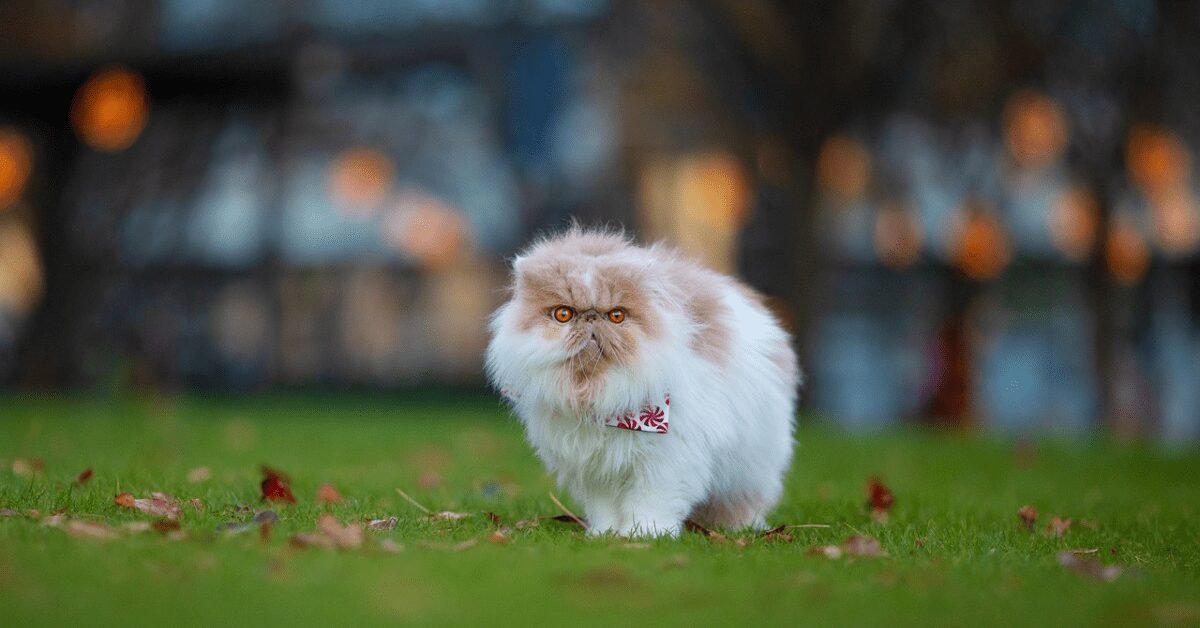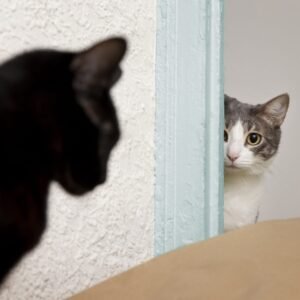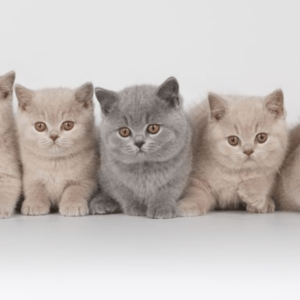If you have adopted a Persian kitten and now wondering when your kitten starts spraying and moving toward maturity. Persian cats begin spraying during eight to ten months. But some Persian cats start spraying around six months, this is an indication that your cat has reached sexual maturity and adulthood.
To prevent your Persian from starting this undesirable habit, you should plan to have your kitten spayed or neutered before the age they tend to start. Most vets say by six months old, your cat should be sterilized.
In this article, we will discuss at which age your cat starts spraying. What to do if your cat sprays at what age your cat be neutered? Let’s dive deep into the article to get further information.
What Is Spraying And Urine Marking?
Spraying is natural in cats, but it is not normal urination. Spraying is the excretion of your cat standing vertically on any surface. Because it’s done on purpose with force on different areas of your cat’s territory.
Your cat will stand with its tail up and twitching while spraying. Urine will then shoot onto the surface as it backs up to its mark. Your cat may spray at any time of the day or night, depending on the reason behind it.
Most cat breeds start spraying after six months. Like Maine Coon, Persian cats also grow slowly, so they begin spraying from eight to ten months. Male cats spray mostly, but female cats do as well.
What Are The Symptoms Of Cat Spraying?
If you don’t know whether your cats start spraying and doing something confusing in their litter box. If they are not using their litter box, make sure that the box is cleaned regular basis. But here are signs if your cat starts spraying:
- Position: If you catch them at it, you’ll know. The cat will raise its tail with its butt toward the target. Sometimes, it looks as though their tail vibrates as they do their deed.
- Use vertical surfaces: When spraying, cats will usually use vertical surfaces, doors, walls, backsplash in the kitchen, and sides of cabinets, and you’ll notice a pee mark.
- Litter Box Usage: Most cats stop using the litter box, when it is not cleaned regularly because cats are sensitive in their bathroom habits. Your cats even use the litter box for peeing in spraying.
Why Do Cats Spray? What Does Spraying Look Like?
If your cat is doing something odd such as away from a litter box, backside raised, quivering their tail, and opposing their territory.
Spraying is an often misunderstood cat behavior; it can be confused with urinating and may be done in combination with meowing and yowling; cat-speak for “I’m available for dating”!
This is typically a good indicator that your kitty now become mature and adult. It can go on for both males and females even after spaying or neutering.
Train your kitty before they start spraying
Don’t be fooled that cats don’t spray after neutering and spaying. Train your cat to use the litter box, and give them a comfort zone, and a healthy environment, this can lead to a kitty a clean and happy life.
If your cat has started to spray, it’s important to always clean that area thoroughly with an enzymatic odor remover: this will deter them from returning to that spot.
Can cats still spray after being neutered?
If you are fooled by thinking that cats stop spraying after being spayed, cats can still spray after being neutered or spayed. According to research, 77% of cats stop spraying after being spayed or have reduced spaying after six months. But mostly male cats spray even after the neutering.
Ten percent of male cats neutered before 10 months of age will still spray as adults.
How to stop a neutered cat from spraying?
There are several ways to stop your cats from spraying, such as:
Provide Enough Resources: Make sure that you have provided your cat with enough resources. If you have multiple cats, provide them with different food bowls, water bowls, and litter trays, sharing cats’ resources leads to cat stress.
Look at your litter trays: Our cats are very clean creatures and like to use a tidy, fresh, and easily accessible litter tray to do their business. So if their toilet space isn’t cleaned regularly enough, is difficult to access, or is shared with another cat, you might find that they start to spray or urinate elsewhere!
Consider other cats and conflict: Most Persian cats are stressed due to other pets and conflict with other pets, so they start urine marking and spraying. Outside cats, who may be visiting your garden or walking by, can cause a lot of stress for indoor cats. Stop your cat from going outside and close the curtain to avoid seeing other cats.
Clean all existing spray marks: Remove all types of urine marks and smells from the area where your cat interacted. It can help remove your cat’s stress.
Visit Your Vet: Visit your vet, if your cat won’t stop spraying even after being neutered, it can be a serious issue.
Conclusion
Cats start spraying after six months, but Persian cats grow slowly, so these cats begin spraying in eight to ten months. You can see your cat raise their backside and quiver their tail. But often you can also see urine on your curtains, walls, and any vertical surface. Cats also spray after being neutered so train your kitty and fulfill your kitty resources.
Leave any comments about your experience!







